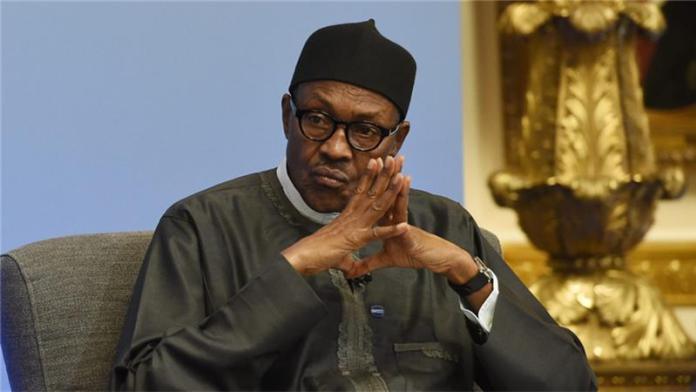It seems a number of months when China started witnessing a novel disease which was known today as Coronavirus that has been increasingly remodeling the living standard of people world over.
The outbreak of the disease and the response to the pandemic especial in African countries has been a direct mirror of how unequal our world is and reveal the basic inadequacy of the maribund state of our health care system.
The state of a country’s health care system prior to the outbreak of this pandemic plays a significant role in its effort of containing the virus. Possession of good health care system by a country will best formed a strong basis and define a relative resilience of the health care delivery system which will inevitably contribute in curbing and stem the spread of the virus. Testing capacity with respect to the availability of well equipped laboratories is key to supporting the medics, paramedics in curbing the menace of the virus.
Nigeria had less than 5 working laboratories at the time it recorded its first index case, which was why fear abound regarding the novel coronavirus pandemic to go out of control especially in the country’s populace states of Lagos and Kano where we are currently witnessing a number of mystereous deaths.
Healthcare delivery in Nigeria has experienced progressive deterioration due to the weakened political will on the part of the various governments to effectively solve a myriad of problems that have accumulated in the sector over the years.
Read Also:
As at 2019, Nigerian health expenditure is only 25.15% of all the money spent on health across the nation whereas elite citizens spent about an estimated 70% to pay for access to health services in private hospitals both in Nigeria and abroad but this pandemic has equalize the enitre citizens which is why the post pandemic may likely brings about more expenditure into health care with more private individuals contributing to its survival in Nigeria and the entire world by extension.
The COVID-19 pandemic would spur world leaders to invest heavily and rejuvenate the health sector, especially in Africa and Nigeria in particular where the health sector is in comatose. Hence African governments will begin to sees the need to give priority and attention to the health sector.
The economic implications are thus detrimental not only to public health systems but to trade and travel, locking down of the economy, food and agricultural industries to mention but a few. The lock down though it has been eased in some states of the federation has brought its peculiar economic challenges especially on poor people who solely defend on getting bread on daily basis though the lock down had proven to be one of the key and effective measures in response to the pandemic. Lock down is equally shutting down economy and this can be counter productive thus poses a significant security threat.
The dreaded virus has come to interfere with our lives, slowing it down but brought with it the need to increase technology adoption to stimulate economic growth and development in the country’s health care industry. What’s in for tomorrow other than a lease of life to reckon with as plans for the advancement of health care which are unlikely to happen will now turn fulfilled. It’s high time to amend our ways and to pay more attention to education and above all to the health sector.
Fatima Idris Writes from Bayero University, Kano via: [email protected]



























